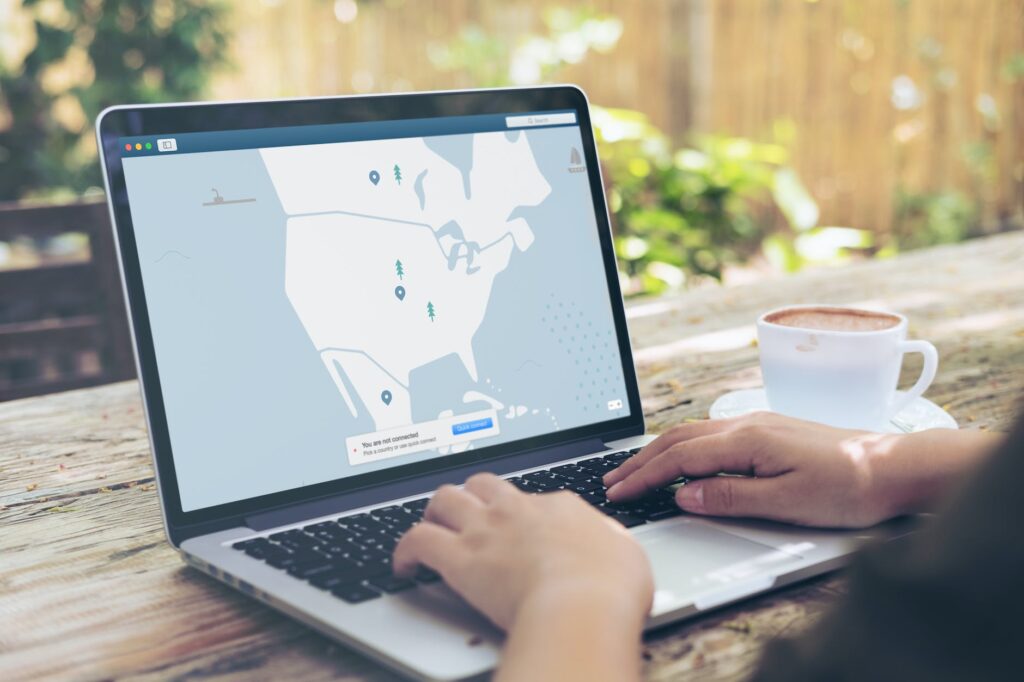Understanding the Importance of Online Privacy
In an increasingly digital world, where everything from banking transactions to personal communications happens online, maintaining privacy is paramount. Even though the internet provides numerous conveniences, it also exposes individuals to a variety of risks. These risks range from cyber-attacks to identity theft, often fueled by data breaches and tracking activities. This is where Virtual Private Networks, or VPNs, come into play as essential tools for safeguarding your online presence.
What is a VPN?
A VPN, or Virtual Private Network, is a service that encrypts your internet connection, providing a secure conduit for your online activities. By masking your IP address and routing your internet traffic through encrypted tunnels, it shields you from prying eyes. Whether you’re on a public Wi-Fi network or a private connection, a VPN ensures your data remains confidential and inaccessible to unauthorized users.
Key Benefits of Using a VPN
1. Enhanced Security and Privacy
The primary advantage of a VPN is the enhanced layer of security it offers. By encrypting your data, a VPN protects sensitive information such as passwords, banking details, and personal communications from cybercriminals. This encryption makes it virtually impossible for hackers to monitor your online activities or intercept your data.
2. Anonymity and Data Protection
VPNs provide anonymity by concealing your IP address. This prevents websites and online services from tracking your browsing behavior and linking it to your actual identity. In addition, VPNs guard against data collection by ISPs and advertisers, ensuring you maintain control over your personal information.
3. Access to Geo-Restricted Content
Many streaming services, websites, and applications restrict access based on geographic location. A VPN allows you to bypass these restrictions by redirecting your traffic through servers in different countries. This means you can enjoy your favorite shows and services from abroad as if you were located in that country.
4. Safe Browsing on Public Wi-Fi
Public Wi-Fi networks, such as those in cafes, airports, or hotels, are often unsecured and pose significant risks to personal data security. A VPN provides a safeguard against these vulnerabilities by encrypting your connection, preventing hackers from eavesdropping on your internet activity.
5. Improved Online Gaming Experience
For gamers, a VPN can offer a smoother gaming experience. By connecting to a server closer to the game’s datacenter, it can reduce latency and lag. Moreover, by masking your IP address, a VPN helps protect against DDoS attacks from malicious players.
Implementing a VPN: Choosing the Best Service
When selecting a VPN, consider factors such as server locations, speed, security features, and user-friendly applications. Leading VPN services offer a mix of widespread server availability, robust encryption protocols, no-log policies, and 24/7 customer support to ensure an optimal user experience.
Moreover, it’s important to select a VPN service that has a proven track record in protecting user data and implementing strict privacy policies. The best VPNs offer easy-to-use software for multiple devices, ensuring that your entire digital ecosystem is secure.
Conclusion
With increasing threats to online privacy and security, a VPN serves as an invaluable tool for protecting your personal data. By encrypting your internet connection and ensuring anonymity, it provides peace of mind whether you’re browsing from home or a public network. As you navigate the digital landscape, make privacy and security a priority with a reliable VPN solution.
FAQ
- Q: How does a VPN protect my online privacy?
A: A VPN encrypts your internet connection, masking your IP address and routing your data through secure servers, which keeps your online activities private and inaccessible to unauthorized entities.
- Q: Can a VPN improve my internet speed?
A: While a VPN primarily focuses on privacy and security, it can sometimes improve speed if it bypasses ISP throttling. However, in some cases, the encryption process might slightly reduce speed.
- Q: Are free VPNs safe to use?
A: Free VPNs often come with limitations and potential risks, such as compromised security, data logging, and intrusive ads. It’s advisable to invest in a reputable paid VPN service for optimal privacy and security.
- Q: Is it legal to use a VPN?
A: In most countries, using a VPN is legal. However, some countries restrict or ban VPN usage, so it’s crucial to check local regulations before using a VPN.
- Q: Can a VPN protect me from all cyber threats?
A: While a VPN enhances security and privacy, it doesn’t protect against all cyber threats, such as viruses or phishing attacks. It’s important to use comprehensive cybersecurity measures, including antivirus software and safe browsing practices.



